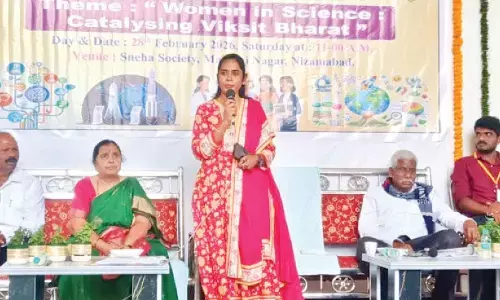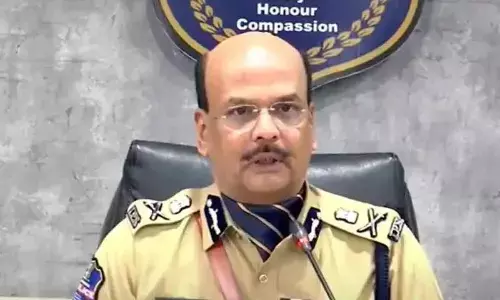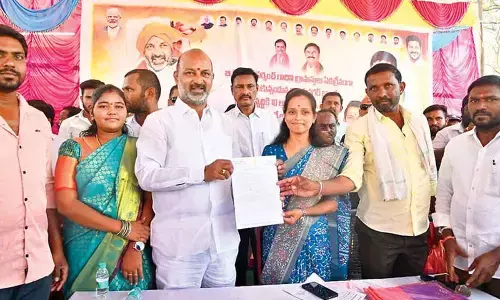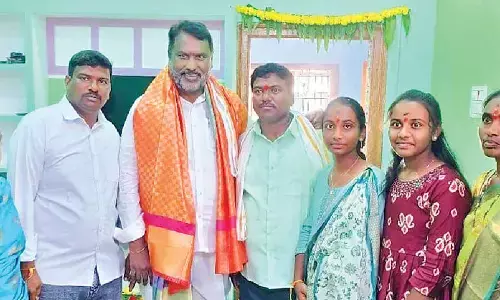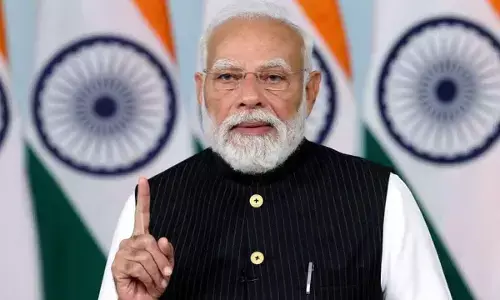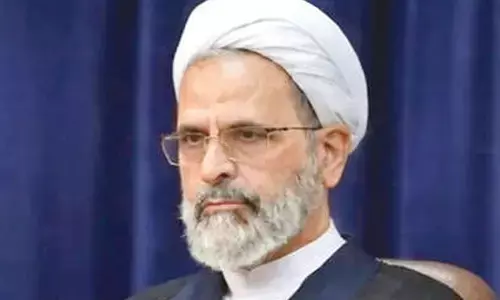Love jihad & politics of izzat in UP

Love Jihad & Politics of Izzat in UP. Our daughters go to schools and colleges. They (Muslims) do not believe in sending their girls to schools. Our daughters, therefore, are vulnerable to filthy remarks, unwanted advances and eve-teasing. We have to fight for our izzat (honour),” said Uday Veer. One comes across different versions of the same narrative in Muzaffarnagar, Saharanpur and Meerut. It cuts across caste lines and made class differences redundant.
.jpg) Our daughters go to schools and colleges. They (Muslims) do not believe in sending their girls to schools. Our daughters, therefore, are vulnerable to filthy remarks, unwanted advances and eve-teasing. We have to fight for our izzat (honour),” said Uday Veer. One comes across different versions of the same narrative in Muzaffarnagar, Saharanpur and Meerut. It cuts across caste lines and made class differences redundant.
Our daughters go to schools and colleges. They (Muslims) do not believe in sending their girls to schools. Our daughters, therefore, are vulnerable to filthy remarks, unwanted advances and eve-teasing. We have to fight for our izzat (honour),” said Uday Veer. One comes across different versions of the same narrative in Muzaffarnagar, Saharanpur and Meerut. It cuts across caste lines and made class differences redundant.
The honour narrative gained credence following reports of a Hindu girl getting married to a Muslim boy after forcible conversion in Meerut. A video clip supposedly of the girl narrating her story of how she was tricked into conversion has made way to several mobile phones through Whatsapp. No one is even ready to question the authenticity of the video clip.
The narrative gets its sustenance from the widespread rumour of “love jihad” being waged by Muslims. “Muslim boys dress as Hindus and entice Hindu girls into marrying them. This is a new method being employed by them to engineer conversion. Several Muslim organisations are funding this drive,” said a Bharatiya Janata Party leader of Muzaffarnagar.
Love Jihad
Observers say the threat from “love jihad” in all its variations is being used by the BJP to establish a connect with people across caste lines. “Of all the incidents that take place in the region, the BJP and its sister organisations pick up the ones that somehow establish the theory of love jihad. Such issues are picked up for agitation to keep them alive in the media for days and weeks,” observed Sudhir Chauhan, a Meerut-based journalist.
The narrative has many takers and could be a matter of perception. “Muslim boys have become so aggressive that we do not feel safe while going out to malls and movie theatres with women members of our family. I have seen several such incidents,” said the CEO of a Meerut-based company. He did not wish to be named and nor would he speak in detail of such incidents. The perception of threat might perhaps be fuelled by the presence of people from various communities.
A shop owner in Saharanpur said, “Love jihad is a real threat. It is a question of protecting our honour. And, we believe the BJP alone is capable of helping us against the threat, as it talks about Hindutva. We have completely lost faith in the Samajwadi Party-led state government.” He did not wish to be identified because he is a member of the local peace committee.
Saharanpur Senior Superintendent of Police Rajesh Pandey told Business Standard he was yet to come across any such incident in his district. “I do not think there is any organised racket operating like this. There are many neighbourhoods with people living in them from different communities. It is natural and part of the society we live in that there will be some odd inter-community relations among boys and girls. To give it any other colour is unfair.”
The politics of honour of a different kind is being used to bring Dalits into the BJP fold. “The Mayawati government announced establishment of a medical college in Saharanpur that was to be named after Dalit leader and Bahujan Samaj Party founder Kanshi Ram. The Samajwadi Party government decided to name it after a Muslim leader. We were the only ones who opposed it,” said Manveer Pundir, a Saharanpur-based BJP leader. He added that in the case of atrocities on Dalits, the BJP workers are the first ones to help them financially and legally.
Local journalists, too, told this reporter that in cases of communal riots where Dalits had been involved, the BJP cadre stood behind Dalits. “The BSP is perhaps apprehensive of losing Muslim votes if it comes to the rescue of Dalits. But the BJP is ever eager to help Dalits,” said a local journalist, who works for a national television channel, in Saharanpur.
BJP leaders have also talked about bringing more Dalit leaders in the BJP.
Reports suggest that many of the recent cases of communal incidents involved direct confrontation between Dalits and Muslims. In Saharanpur, too, almost half of all incidents of violence and arson took place either in Dalit or Muslim localities. Observers say Dalits' alienation could partly be explained by the Samajwadi Party's perceived indifference towards them. Dalits have traditionally been supporters of the Mayawati-led BSP. Perception of a hostile state government and ambivalence of BSP leaders might have pushed the Dalits to the BJP fold, as the saffron party is seen as a protector of their honour, observers argue.
Muslim leaders, however, dismiss talks of love jihad. They are also critical of the view that the politics of appeasement is to be blamed for growing communal tension in the region. “There is a sense of alienation among certain sections of the community because of unlawful detention of several Muslim youths in a range of cases,” said Darul Uloom spokesperson Ashraf Usmani.
He explained the growing communal tension in parts of Uttar Pradesh with the help of an Urdu couplet: “Karib aao to shayad hamen samajh loge, ye fasle to galatfahmia badhate hain (If you come closer you will perhaps understand me better, distance gives rise to mistrust)”.
And the Naib Sheher Qazi of Saharanpur mosque, Nadeem Akhtar, said the talk of growing communal tension was a bit of an exaggeration. “In Saharanpur, for every incident of arson or violence there were at least five cases of Muslims and Hindus coming together to protect shops and showrooms. Why aren't those cases reported,” he asked.


